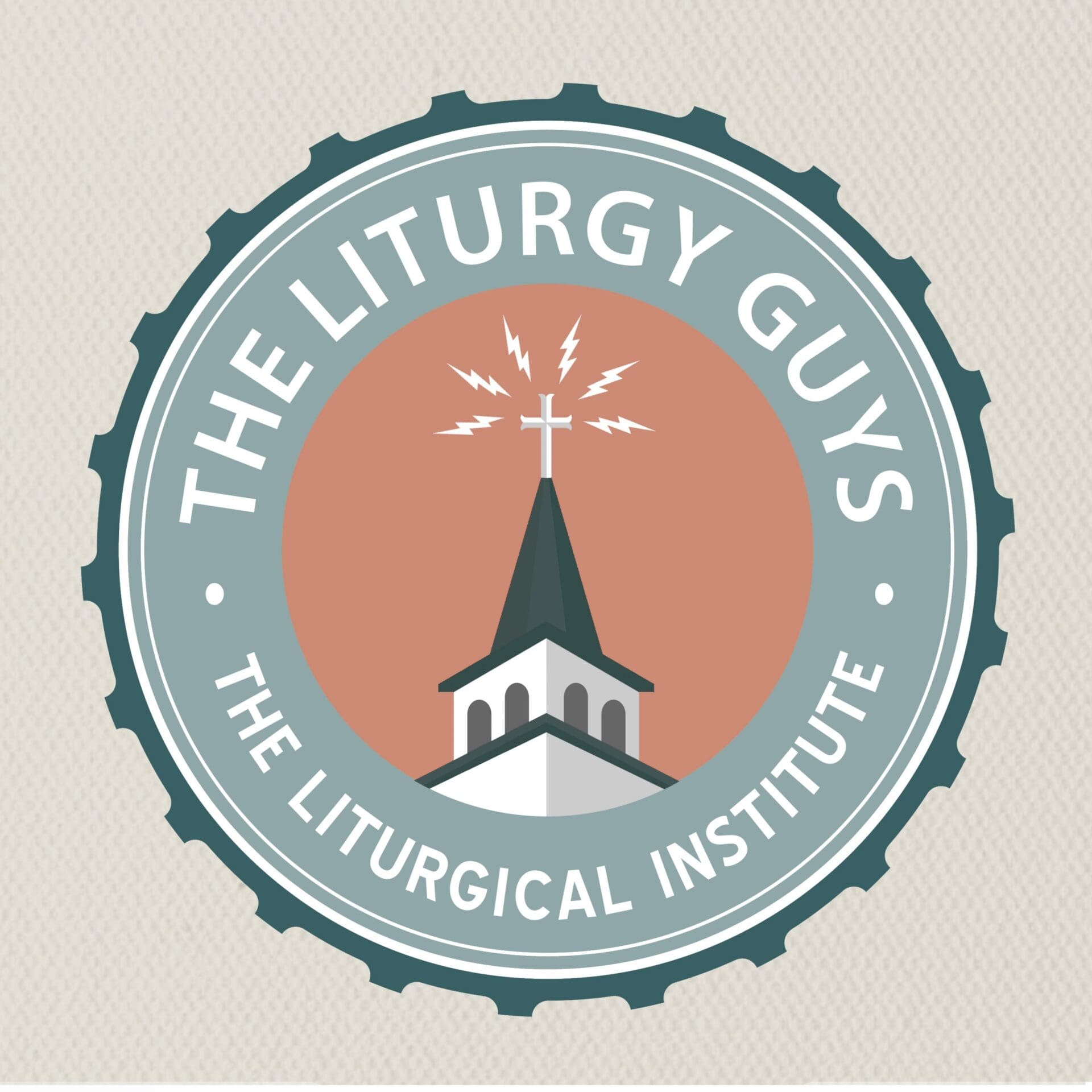By Elise Harris and Hannah Brockhaus
VATICAN CITY (CNA/EWTN News)—After several German bishops appealed to the Vatican over an alleged proposal to allow non-Catholic spouses in mixed faith marriages to receive communion, the Church’s top authority on doctrine has sent the ball back, saying Pope Francis wants Germany’s bishops to come to an agreement among themselves.
Released after a four-hour meeting between German bishops and the heads of certain curial offices, a Vatican communique said that Cardinal-designate Luis Ladaria S.J., prefect of the Congregation for the Doctrine of the Faith, told the bishops that the pope “appreciates the ecumenical commitment of the German bishops” and asked them “to find, in a spirit of ecumenical communion, a possibly unanimous decision.”
It is not clear whether a “possibly unanimous decision” asks the German bishops’ conference for a fully unanimous vote on the issue, or asks for a nearly unanimous decision, or whether the bishops are simply being asked to discuss the matter further to see if they can resolve the issue themselves before a central authority steps in.
Announced over the weekend, the May 3 meeting followed reports, later denied by the German bishops’ conference, that the Congregation for the Doctrine of the Faith had rejected a proposal by the conference to publish guidelines allowing the non-Catholic spouses of Catholics to receive the Eucharist in certain limited circumstances.
In February, Cardinal Reinhard Marx, president of the German bishops conference, announced that the conference would publish a pastoral handout explaining that Protestant spouses of Catholics “in individual cases” and “under certain conditions” could receive Holy Communion, provided they “affirm the Catholic faith in the Eucharist.”
Marx’s statement concerned a draft version of the guidelines, which was adopted “after intensive debate” during a February 19-22 general assembly of the conference.
The Vatican’s communique noted that while more than three-quarters of the German bishops voted in favor of the guidelines, “a not indifferent number” of voters, including seven diocesan bishops, “did not feel capable, for various reasons, of giving their consent.”
The bishops, the Vatican said, then appealed to the Vatican for an answer as to whether the question of Holy Communion for Protestant spouses in interdenominational marriages can be decided at a local level by a national bishops’ conference, or if a decision from the universal Church was required in the matter.
Specifically, they wrote to the Congregation for the Doctrine of the Faith, the Council for Promoting Christian Unity and the Council for Legislative Texts.
Pope Francis said June 21 that the German bishops’ debate on intercommunion should be decided by diocesan bishops, rather than bishops’ conferences.
Speaking aboard the papal flight from Geneva to Rome, June 21, the pope told journalists that the Code of Canon Law leaves decisions about the criteria for intercommunion to diocesan bishops, in order that their decisions will apply only to their individual dioceses, rather than to the Church across an entire country.
The pope said that although the German bishops attempted to establish guidelines through their episcopal conference, “the Code does not foresee that. It foresees the bishop of the diocese, but not the conference, because a thing approved by an episcopal conference immediately becomes universal.”
“The conference can study and give direction and opinions to help the bishops to manage the particular cases,” the pope added.
Canon 844 of the Code of Canon Law generally allows for episcopal conferences to establish norms regarding the circumstances in which non-Catholic Christians may be admitted to the Eucharist.
In the danger of death, or “if in the judgment of the diocesan bishop or conference of bishops, some other grave necessity urges it,” Catholic ministers may licitly administer penance, Eucharist, and anointing of the sick to Protestants “who cannot approach a minister of their own community and who seek such on their own accord, provided that they manifest Catholic faith in respect to these sacraments and are properly disposed,” the canon says.
This story is an adapted version of two stories previously published by Catholic News Agency. It was adapted with permission.

